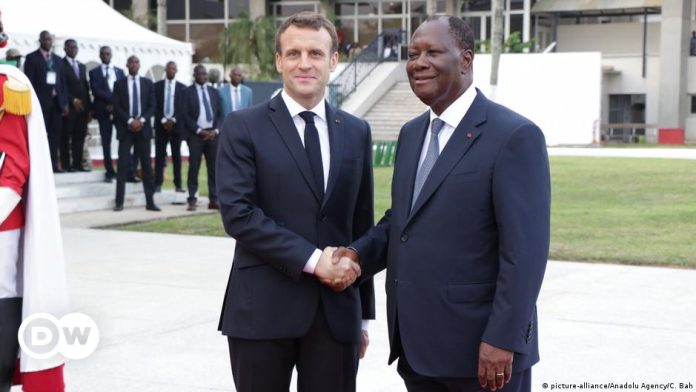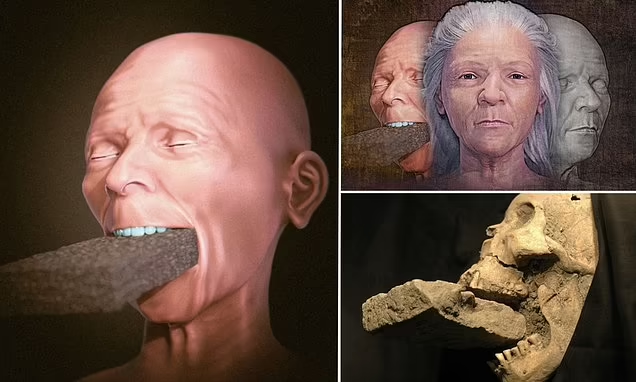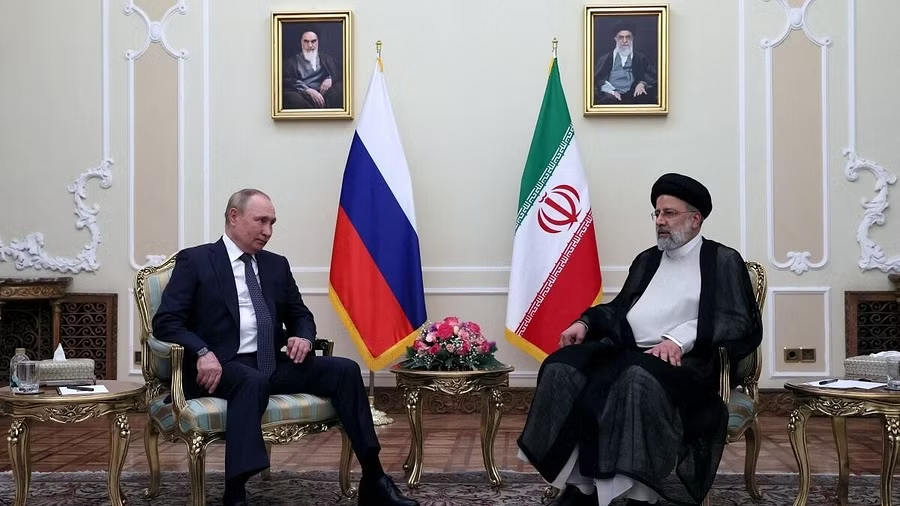French President Emmanuel Macron has concluded his Africa tour, which took him to several countries including The Republic of Gabon, Angola, and The Democratic Republic of Congo.
The ultimate goal was to restore the tarnished image of France on the continent. In Gabon, this was obvious since day one. Some soldiers welcomed the arrival of the French president at the airport, but red, white, and blue flags and crowds on the road were absent all the way to the presidential palace.
Later Macron and several African heads of state participated in a summit devoted to protecting tropical forests.
In the Democratic Republic of Congo, Macron held talks with the country’s president, Felix Tshisekedi, in the capital Kinshasa, which last week saw several demonstrations in a sign of rising anti-French sentiments in many parts of Africa.
At a joint press conference, Macron acknowledged that France was among foreign powers pushing for influence in Africa. He, however, said that he was committed to working with African nations on an equal footing.
Macron stressed that his country wants to be long-term partners with African countries, adding that the continent is a theater of competition.
Macron’s tour to Africa was his 18th visit to the continent. This trip follows a recent slew of African tours by high-level American, Russian, and Chinese officials seeking closer ties with African nations.
France has endured a recent massive breakdown in relations with some former colonies in West Africa, and Macron’s first-time visit to Gabon, Angola, and The Republic of Congo, indicates the French wish to turn the page.
The French president last week outlined France’s new Africa policy saying military bases will be co-run with host nations and that commercial and other interests would be pursued with respect and humility.
This new approach comes amid a deepening security crisis in the West African region of Sahel region which has fueled anti-French protests and brought juntas to power in several countries.
While France is still trying to keep its hand on Africa, the anti-French sentiment has been high across the continent, given the country’s dark history in Africa.
From genocide in Rwanda, Nigeria, Senegal, and a whole host of other nations, to other crimes as part of French colonialist policies, have prompted many people in several countries to stand up against the presence of France.
Growing dissatisfaction with France is largely visible in other former colonies across Africa, including Mali.
In Burkina Faso, anger against the foreign presence can be clearly seen in nationwide protests, with demonstrators condemning the former colonizer.
More broadly, popular resentment against the West has been on the rise for the past several years due to the historic oppression of the continent.
This has prompted many African nations to turn toward countries in the Eastern Bloc. The visit by a top Russian diplomat to South Africa recently, in an effort to refurbish the common pursuit of the two countries for upholding world peace and security, is among the many examples.
With the summit of five emerging economies commonly known as BRICS in Africa this year, the idea of using the opportunity to push for the admission of new members to expand the block and challenge global arrogance has taken momentum.
Recent joint naval drills involving South Africa, Russia, and China, despite US criticism, showed these countries are resolved to stand against the global dominance of some powers.
A shift from unipolar to multipolar arrangements seems to be a necessity now for all African countries, especially for those in the east, which are embroiled in power politics.
Such a major paradigm shift is undoubtedly achievable if countries across the continent join hands in standing against Western imperialism.













